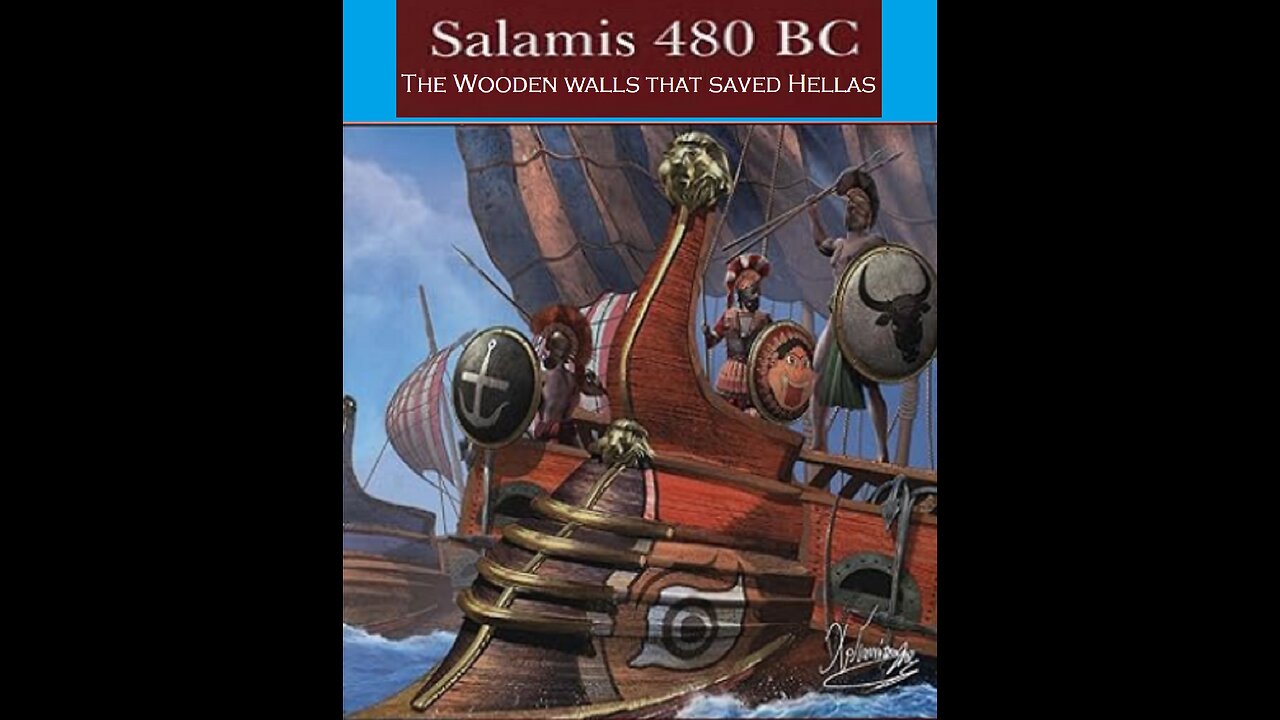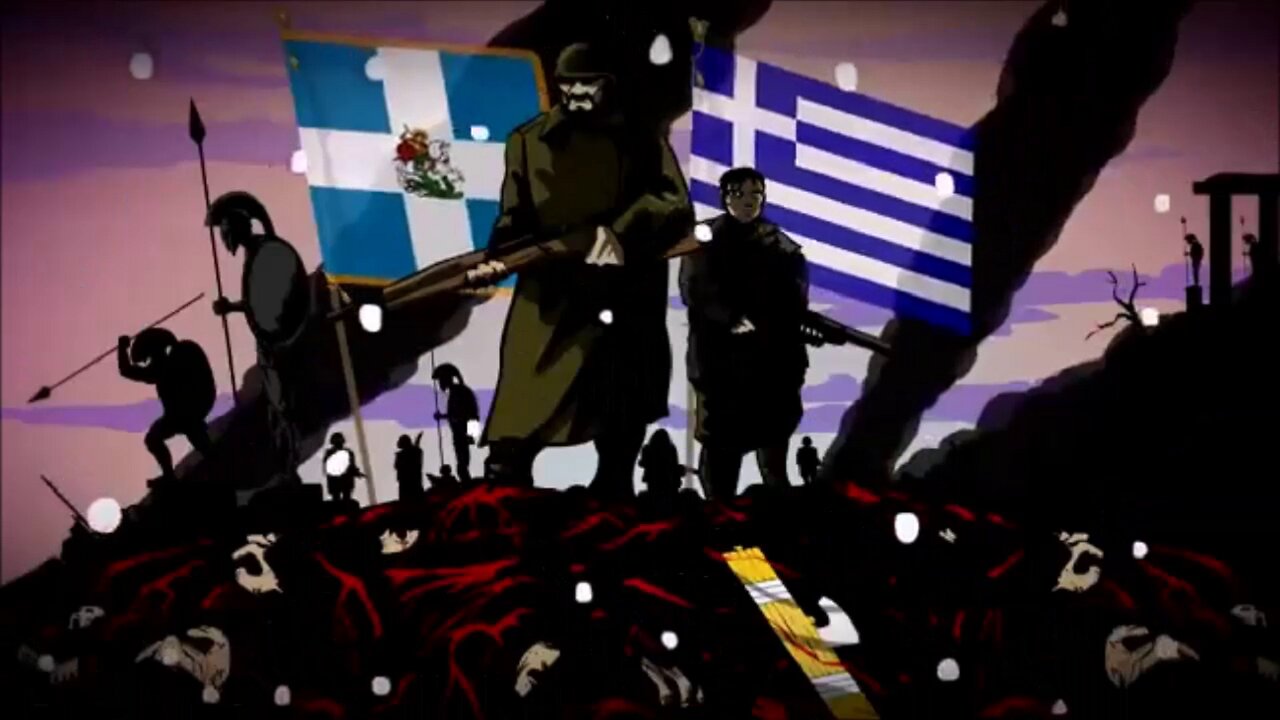https://en.wikipedia.org/wiki/Solon
https://en.wikipedia.org/wiki/Cleisthenes
https://en.wikipedia.org/wiki/Ephialtes
https://en.wikipedia.org/wiki/Athenian_democracy
https://en.wikipedia.org/wiki/Miltiades
https://en.wikipedia.org/wiki/Leonidas_I
https://en.wikipedia.org/wiki/Aristides
https://en.wikipedia.org/wiki/Themistocles
https://en.wikipedia.org/wiki/First_Persian_invasion_of_Greece
https://en.wikipedia.org/wiki/Battle_of_Marathon
https://en.wikipedia.org/wiki/Second_Persian_invasion_of_Greece
https://en.wikipedia.org/wiki/Battle_of_Thermopylae
https://en.wikipedia.org/wiki/Battle_of_Artemisium
https://en.wikipedia.org/wiki/Battle_of_Salamis
https://en.wikipedia.org/wiki/Battle_of_Plataea
https://en.wikipedia.org/wiki/Delian_League
https://en.wikipedia.org/wiki/Socrates
https://en.wikipedia.org/wiki/Socratic_method
https://en.wikipedia.org/wiki/Plato
https://en.wikipedia.org/wiki/Thucydides
https://en.wikipedia.org/wiki/Plutarch
https://en.wikipedia.org/wiki/Peloponnesian_War
https://en.wikipedia.org/wiki/History_of_the_Peloponnesian_War
https://en.wikipedia.org/wiki/Pericles
https://en.wikipedia.org/wiki/Lysander
https://en.wikipedia.org/wiki/Spartan_hegemony
https://en.wikipedia.org/wiki/Theban_hegemony
https://en.wikipedia.org/wiki/Corinthian_War
https://en.wikipedia.org/wiki/Expansion_of_Macedonia_under_Philip_II
https://en.wikipedia.org/wiki/Xenophon
https://en.wikipedia.org/wiki/Macedonia_(ancient_kingdom)
https://en.wikipedia.org/wiki/Ancient_Macedonians
https://en.wikipedia.org/wiki/Philip_II_of_Macedon
https://en.wikipedia.org/wiki/Olympias
https://en.wikipedia.org/wiki/Aristotle
https://en.wikipedia.org/wiki/Alexander_the_Great
https://en.wikipedia.org/wiki/Historiography_of_Alexander_the_Great
The ethnonym Μακεδόνες (Makedónes) stems from the Ancient Greek adjective μακεδνός (makednós), meaning "tall, slim", also the name of a people related to the Dorians (Herodotus). It is most likely cognate with the adjective μακρός (makrós), meaning "long" or "tall" in Ancient Greek. The name is believed to have originally meant either "highlanders", "the tall ones", or "high grown men".
https://www.britannica.com/biography/Ptolemy-I-Soter
Ptolemy I Soter, (born 367/366 bc, Macedonia—died 283/282, Egypt), Macedonian general of Alexander the Great, who became ruler of Egypt (323–285 bc) and founder of the Ptolemaic dynasty, which reigned longer than any other dynasty established on the soil of the Alexandrian empire and only succumbed to the Romans in 30 bc.
https://www.britannica.com/biography/Cleopatra-queen-of-Egypt
Daughter of King Ptolemy XII Auletes, Cleopatra was destined to become the last queen of the Macedonian dynasty that ruled Egypt between the death of Alexander the Great in 323 bce and its annexation by Rome in 30 bce. The line had been founded by Alexander’s general Ptolemy, who became King Ptolemy I Soter of Egypt. Cleopatra was of Macedonian descent and had little, if any, Egyptian blood, although the Classical author Plutarch wrote that she alone of her house took the trouble to learn Egyptian and, for political reasons, styled herself as the new Isis, a title that distinguished her from the earlier Ptolemaic queen Cleopatra III, who had also claimed to be the living embodiment of the goddess Isis.
The Greek victory over the initial Italian offensive of October 1940 was the first major Allied land victory of the Second World War and helped raise morale in occupied Europe.
ITALY :565,000 men, 463 aircraft, 163 light tanks
GREECE : less than 300,000 men, 77 aircraft
The Greco-Italian War, also known as the Italo-Greek War, was a conflict between Italy and Greece, which lasted from 28 October 1940 to 23 April 1941.
The conflict marked the beginning of the Balkans campaign of World War II and the initial Greek counteroffensive, the first successful land campaign against the Axis powers in the war.
The conflict known as the Battle of Greece began with the intervention of Nazi Germany on 6 April 1941. In Greece, it is known as the "War of '40"and in Italy as the "War of Greece".
Some historians, such as John Keegan, argue that it may have influenced the course of the entire war by forcing Germany to postpone the invasion of the Soviet Union in order to assist Italy against Greece.
The delay meant that the German forces invading the Soviet Union had not attained their objectives for that year before the harsh Russian winter, leading to their defeat at the Battle of Moscow.
Looking back near the end of the war, as Germany's inevitable and impending defeat loomed ever closer, Hitler attributed great blame to Mussolini's Greek fiasco as the cause of his own subsequent catastrophe.
Greeks suffered hugely at the hands of Hitler’s forces, enduring what Germany’s president, Frank-Walter Steinmeier, recently described on a visit to Greece as “unimaginable” horrors.
Tens of thousands were killed in reprisals as Greeks mounted what historians would later hail as a heroic resistance against the Wehrmacht [Nazi armed forces], with entire villages being wiped out between 1941 and 1944.
By the time the occupation ended, an estimated 300,000 people had died from famine and the country’s Jewish community had been almost entirely obliterated.
Greece demands €300bn in damages following debate on the findings of an all-inclusive parliamentary inquiry into the German occupation. "These demands are valid and active".
The findings have been described as the first complete reading of Nazi atrocities in Greece.
In its report – compiled after in-depth research of records obtained from US national archives and Russia – the cross-party committee estimated that €11bn was owed for an interest-free “occupation loan” forcibly extracted by German forces.
Gold holdings, seized from the country’s central bank in 1943, were used to fund Germany’s campaign in North Africa. A further €288bn, it said, remained outstanding for the destruction Greece sustained during the war.
A Bundestag report in 2019 found that Greece's claims did have legal weight.
Countries such as Greece and Poland that had been invaded by Germany in the war were not included in the negotiations for the treaty.
The vice president of the Bundestag, the Greens' Claudia Roth, said she was ashamed of Germany's attitude, while Left lawmaker Heike Hansel called the government's position "neither morally nor legally acceptable."
Greek compensation claims pale by comparison. Warsaw was razed to the ground by the Nazis after an abortive uprising in which 200,000 civilians died. The lives of 6 million Poles – including 3 million Polish Jews – were lost. Poland, which also faces parliamentary elections this year, has since demanded €800bn in war debts it insists it is still owed by Germany.

